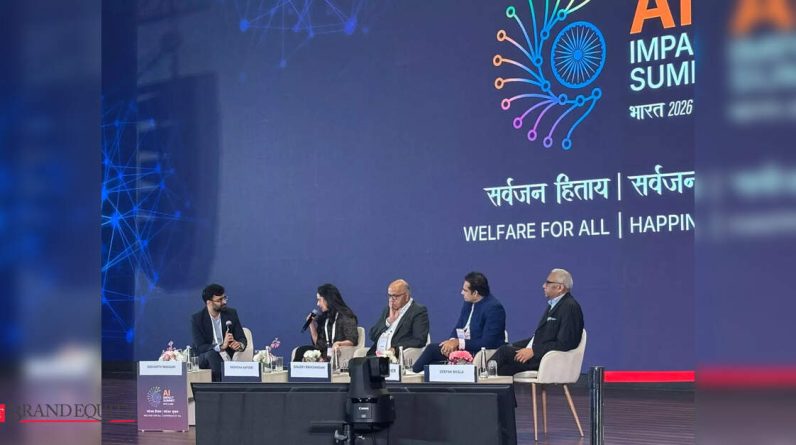For decades, big tech companies have been the epicenter of innovation, attracting top talent and monopolizing the pool of tech-savvy professionals. However, as artificial intelligence (AI) becomes more sophisticated, these companies are increasingly automating tasks previously performed by human employees, leading to workforce reductions. Big tech companies are increasingly turning to AI to streamline operations and cut costs, creating a seismic shift in the global labor market, particularly among developers and programmers.
This shift, driven by the downsizing of tech giants may seem like a blow, evoking fears of job displacement, yet it creates a unique opening for traditional industries to capitalize on a surplus of skilled workers and propel themselves into the digital age, opening avenues for skilled workers to channel their expertise into sectors that have long lagged in technological adoption.
Historically, sectors such as manufacturing, agriculture, and finance have been slower to embrace technological advancements, often constrained by legacy systems, bureaucratic inertia, and a shortage of tech expertise.
However, with a wave of experienced developers and programmers now available for recruitment, traditional industries have a golden opportunity to bridge the technological gap and enhance their competitiveness in the digital landscape.
By leveraging the talent pool liberated from big tech companies, traditional industries can embark on a transformative journey towards automation, data-driven decision-making, and enhanced efficiency. Women in tech – illustrative (credit: Wikimedia Commons)
Developers and programmers possess invaluable skills in coding, AI integration, and software development, which can revolutionize processes across diverse sectors, from optimizing supply chains to enhancing customer experiences.
Moreover, the influx of tech talent into traditional industries fosters a culture of innovation and cross-pollination, driving forward-thinking initiatives and fostering collaboration between technologists and domain experts. This convergence of expertise is essential for unlocking the full potential of emerging technologies and catalyzing sustainable growth in the digital era.
Integration of AI creates more opportunities
Furthermore, the integration of AI-driven solutions in traditional industries holds the promise of unlocking new revenue streams, expanding market reach, and creating jobs across various skill levels. As companies embrace automation and digital transformation, new roles emerge in areas such as AI strategy, cybersecurity, and data analytics, offering diverse career opportunities for tech professionals transitioning from big tech firms.
However, to fully harness the potential of this talent migration, traditional industries must invest in up-skilling initiatives, foster a culture of innovation, and embrace agile methodologies to adapt to rapidly evolving technological landscapes. Governments, academia, and industry stakeholders must collaborate to provide training programs, incentives for innovation, and regulatory frameworks that support the seamless integration of AI technologies.
In conclusion, the downsizing of big tech companies and the subsequent migration of tech talent to traditional industries represent a watershed moment for global economic transformation. Rather than viewing this transition as a threat, it should be understood as an unprecedented opportunity for traditional sectors to embrace digitalization, drive innovation, and secure their position in the digital economy of the future. By seizing this momentous opportunity, traditional industries can propel themselves to the forefront of technological advancement, shaping a more resilient and prosperous future for all.
The writer is the dean of the Faculty of Computer Science at the College of Management, and a researcher in the field of AI.






